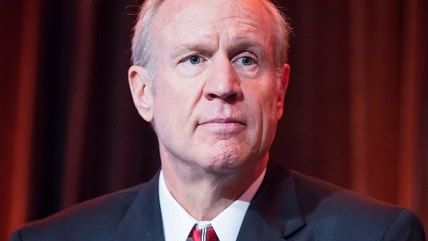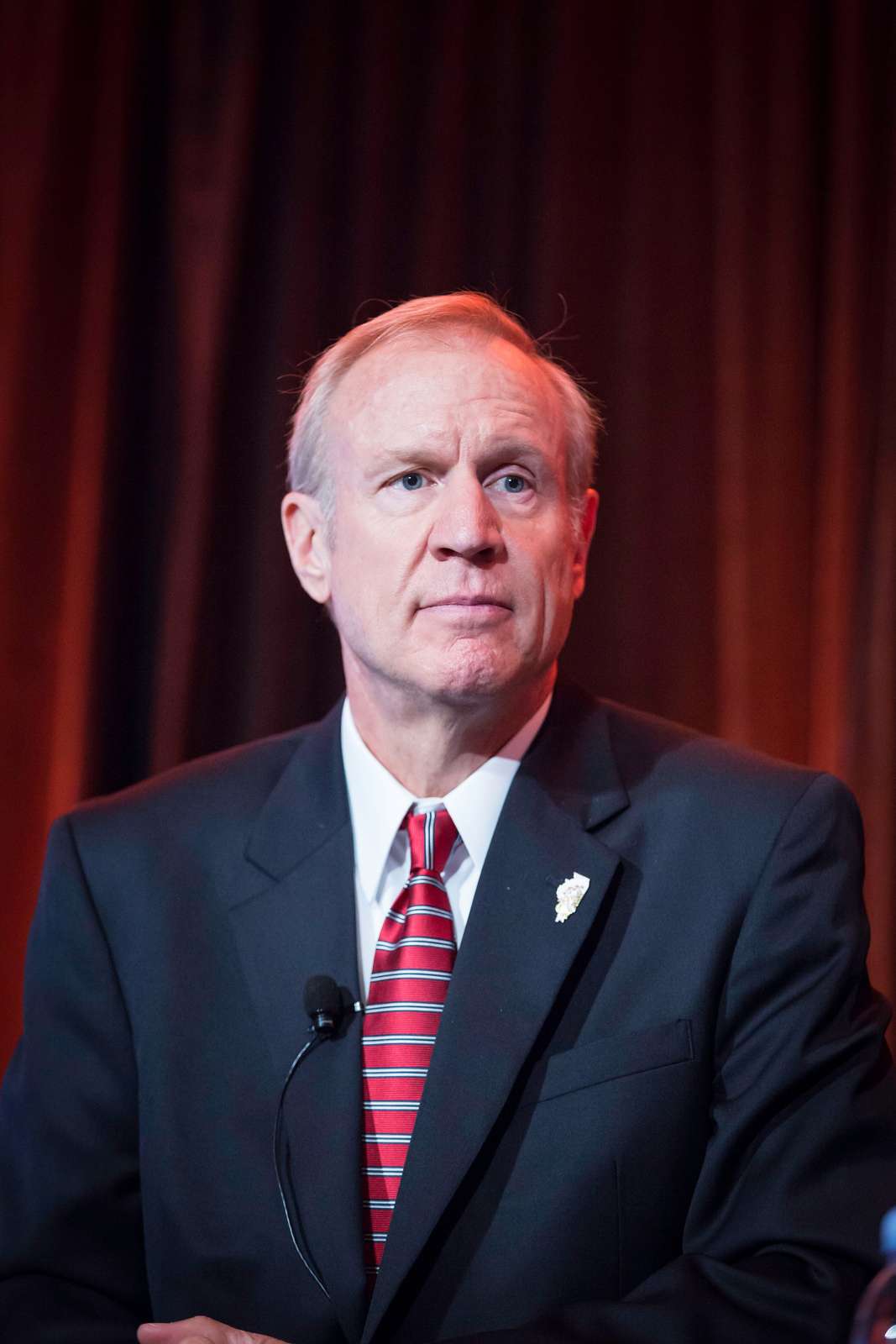Illinois' New Governor Takes on Public Unions with Executive Order Ending Forced Dues
'Government union bargaining and government union political activity are inextricably linked,' he says.


Illinois' chronic fiscal problems likely contributed to state voters bouncing Democratic Gov. Pat Quinn out of office in the deeply blue state, replacing him with Republican businessman Bruce Rauner last November.
Now Rauner is making good on his more conservative credentials, calling on cities in Illinois to pass their own "right to work" laws (the state's extremely Democratic legislature would never ponder such a move). Then on Monday he essentially declared war on the incredible power of public sector unions, declaring by executive order that state workers who did not want to join unions could not be forced to pay "fair share" dues.
From the Chicago Tribune:
Anticipating a strong pushback from organized labor, Rauner filed a pre-emptive federal lawsuit in Chicago seeking to have his decision declared legal. But the move likely will spark additional court battles as unions quickly decried the effort as an illegal abuse of power. It's also possible Democratic lawmakers could vote to overturn Rauner's executive order.
Under state law, employees can decline to join a union but are still on the hook for "fair share" fees related to collective bargaining and contract negotiations. The idea is that if all employees are getting the benefits from a new contract, everyone should contribute to the cost.
Illinois statute prohibits those fees from being used to support political activities, but Rauner contended it's nearly impossible to draw a distinction because public sector unions directly negotiate with the government.
"Government union bargaining and government union political activity are inextricably linked," Rauner said. "As a result, an employee who is forced to pay unfair share dues is being forced to fund political activity with which they disagree. That is a clear violation of First Amendment rights and something that, as governor, I am duty-bound to correct."
The move would affect about 6,500 out of 42,000 workers. Rauner's pre-emptive suit may be read here (pdf). Rauner (and news coverage of the executive order) is invoking the Harris v. Quinn Supreme Court decision of last year to reinforce his argument. That ruling from last June was very narrow, though. The majority, 5-4, determined that the Illinois could not force home healthcare workers to accept union representation. While it may sound similar to what Rauner is ordering, that case revolved around the state treating private workers as though they were state employees on the specious basis of them receiving state subsidies, then using that status to force home care workers into accepting union representation.
While the ruling was narrow, the majority opinion written by Justice Samuel Alito did suggest there was an interest in revisiting on a larger scale the way labor unions, at least in the public sector, force its funding. The Tribune again notes:
[I]n ruling on the 2014 home health care case, Justice Samuel A. Alito argued that the court's analysis in the Detroit case had been "questionable on several grounds."
"In the public sector, core issues such as wages, pensions and benefits are important political issues, but that is generally not so in the private sector," Alito wrote. "In the years since (the ruling), as state and local expenditures on employee wages and benefits have mushroomed, the importance of the difference between bargaining in the public and private sectors has been driven home."
That argument was mirrored by Rauner's team in its lawsuit filed Monday. The suit asserts that "indeed, the significant impact that Illinois public sector labor costs have imposed and will continue to impose on the state's financial condition clearly demonstrates the degree to which Illinois state employee collective bargaining is an inherently political activity."
The Supreme Court is considering whether to take a similar case in California from teachers who don't want to have to pay dues to unions who lobby on political actions with which the teachers disagree. Read more about that case here.


Show Comments (21)